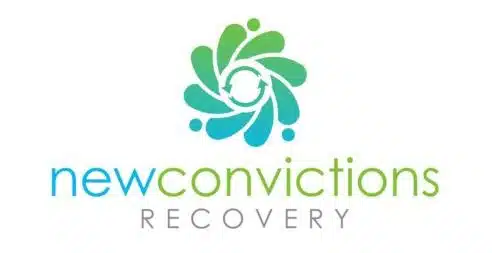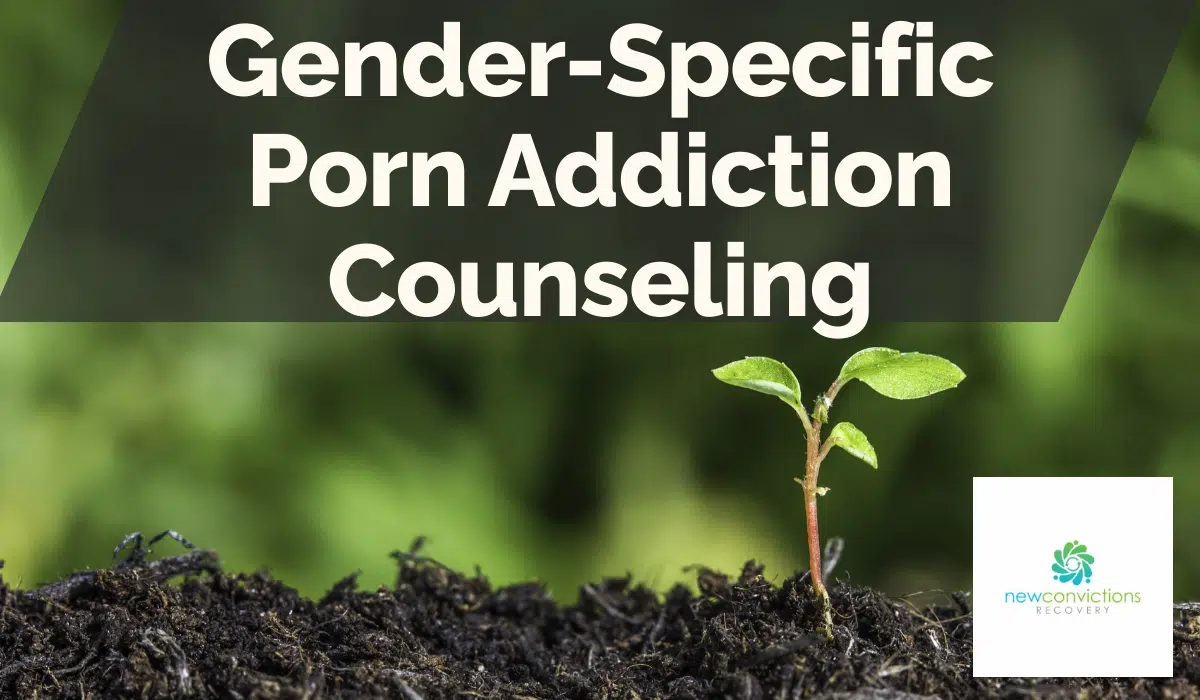As society evolves and uncovers new avenues for growth and healing, we cannot ignore the phenomenal strides made in the field of psychology, particularly addiction counseling. This article focuses on how individual counseling and family therapy are reshaping the fight against pornography addiction, with a niche focus on gender-specific counseling to cater to the unique needs of individuals.
Juxtaposing Male and Female Addiction Patterns
Understanding why gender-specific counseling is becoming essential requires a broad understanding of how addiction affects different genders. Men and women don’t always exhibit the same addictive behaviors or patterns, and this is inherently true for pornography addiction as well. Men are generally more visually stimulated and tend to consume pornography at a higher rate than women. On the contrary, women often seek emotional connectivity, which can sometimes lead to co-dependency issues. These contrasting patterns call for different therapeutic approaches.
Individual and Family Counseling Approach
Recognizing and addressing these variances necessitate effective individual counseling. It places value on the personal experience and helps address the unique triggers and patterns leading to the addiction. For instance, with men, it might be about curbing the visual stimuli, while for women, it involves addressing emotional voids.
Family therapy, on the other hand, plays a vital role in combating pornography addiction. It helps the entire family understand the nature of the issue and teaches them how to offer effective support. Family therapy also reinforces mutual respect and proper communication within the family.
Key Principles of Gender-Specific Pornography Addiction Counseling
- Acknowledgement: Recognizing the unique challenges and needs of different genders is critical. Men might require approaches that handle their more solitary, visually based habits, while women might need strategies that address relationship-linked issues.
- Empathy and Understanding: Counselors should offer a safe, non-judgmental environment where clients feel heard, understood, and respected regardless of their addiction’s nature.
- Support System: The therapy should aim at building robust support systems. Involving immediate family members in the process can foster more substantial relationships and offer crucial support outside therapy sessions.
- Goal Setting: Therapy should be centered around the reality that overcoming addiction is a process. It’s essential to set achievable goals that are monitored and adjusted periodically.
Common FAQs about Gender-Specific Porn Addiction Counseling
1. Why opt for gender-specific counseling?
Gender-specific counseling aims at personalization and more effective therapy by highlighting and addressing the unique issues that different genders face.
2. Is family therapy necessary?
Families can often provide an invaluable support system, and involving them in the therapy process can lead to a higher chance of success.
Conclusion
Given the significant differences in how pornography addiction affects different genders, there is a growing need to tailor therapeutic approaches accordingly. Individual counseling and family therapy, focusing on gender, can provide a more targeted, effective method of aiding those struggling with pornography-related issues. There’s no one-size-fits-all solution to addiction, but with the right support and understanding, everyone can navigate their unique journey towards recovery.

